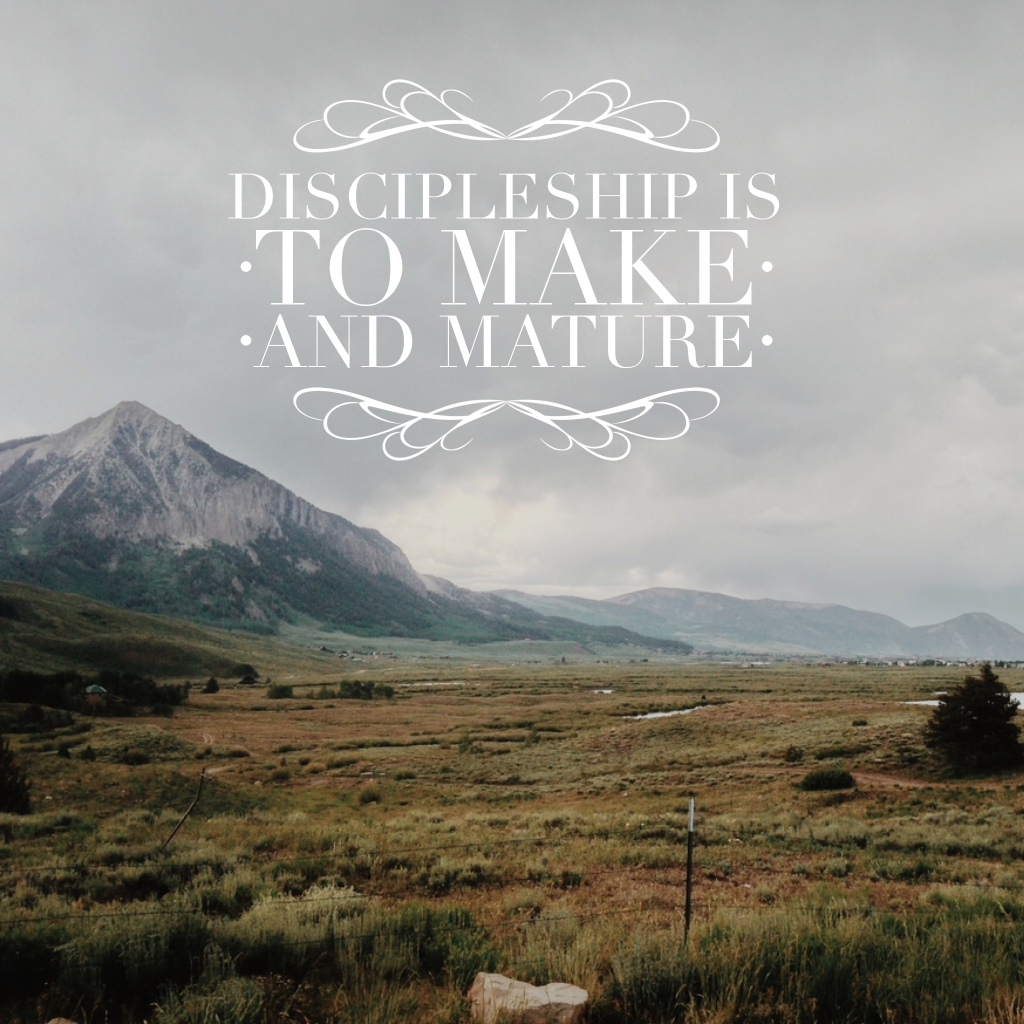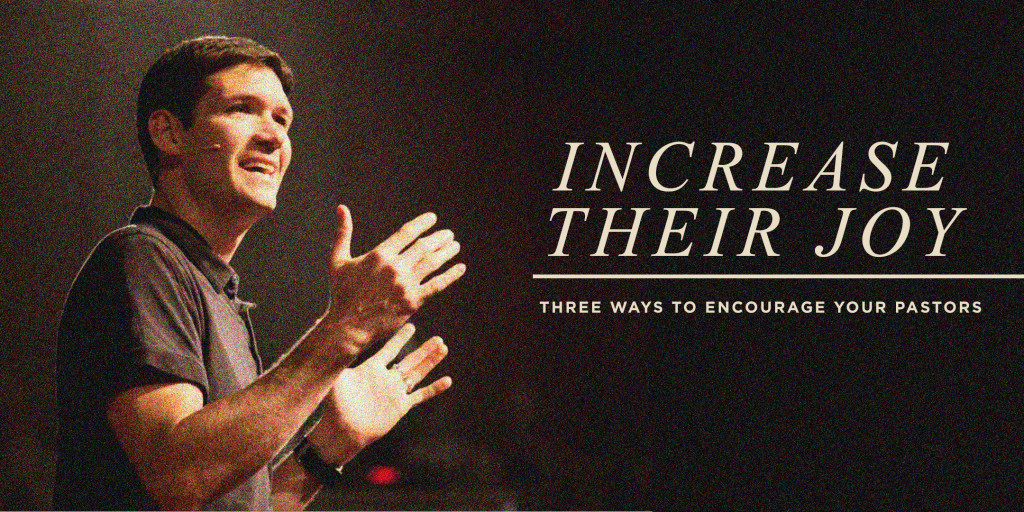How it Changes Us
 I have always owned a Bible, scribbled and tattered, ignored or forgotten, but always one somewhere. For most of my life my Bibles were reminders of ways I'd fallen short, paged taskmasters holding the ruler of law over my head. I knew they were supposed to contain the words of life, but mostly they felt like death.
I have always owned a Bible, scribbled and tattered, ignored or forgotten, but always one somewhere. For most of my life my Bibles were reminders of ways I'd fallen short, paged taskmasters holding the ruler of law over my head. I knew they were supposed to contain the words of life, but mostly they felt like death.
It was a surprising conundrum, then, when the words of the Bible that first preached the gospel to me came from the first verse of the first chapter of the first book. Genesis 1:1. In the beginning God created the heaven and the earth.
And the girl who loved words suddenly loved the Word.
Whenever people ask me when I was saved, the easy answer is before the foundations of the earth I was known. The more difficult answer is that I don't know. I don't have a calendar date, a circled number to celebrate. I do know I did not understand the character of God until a hot night in September of 2010, on the front row seat at my church's old campus. And, which is perhaps more, it was the first night I understood that I would never understand the character of God. That His character was as limitless as His creation, as limitless as the "beginning."
In the time it took to read those ten words, words I had known almost the entirety of my life, I knew my life would never be the same. Through the most rudimentary verse, the one every Christian and most non-Christians can quote, the one we have all read on January first a thousand times over, the Lord opened the eyes of my heart and gave me the slightest glimpse of Him.
I cannot explain it. I cannot explain what I was before—someone who had much knowledge and practice of faith—and what I became after that night. But I was changed.
Since then my thirst for the word, not as a map or guide, nor a dictionary or textbook, but as life has never stopped growing. It is the method, the joy, the comfort, the truth, and so much more. In its pages contain the truest things ever existing: the character of God communicated to his people through every generation. Every verse tells of the gospel if we look hard enough, every book shouts of the plan of a master storyteller.
From the beginning until the amen, it gifts God to us and us to God.
And it will change us.
Tonight my church is beginning a series in the book of James and I cannot wait. The book of James is what my parents would make me write, in its entirety, every time my mouth ran away with itself (which was nearly every day for two years of my childhood). Those composition books were filled with angry scribbled transcriptions and I resented my parents for taming my tongue in this way. But now, twenty years later, those words have become life, the discipline of faith and works, patience and action, words and quiet, they point to a more true thing than a curbed tongue. They point to the sanctifying work of a God who takes a very, very long time to grow us up, make things clear, and bring us into paths of life, to Himself.
His word is a lamp to our feet, no matter how far they have to travel. His word is a light to our path, no matter how long it seems to ramble on.








